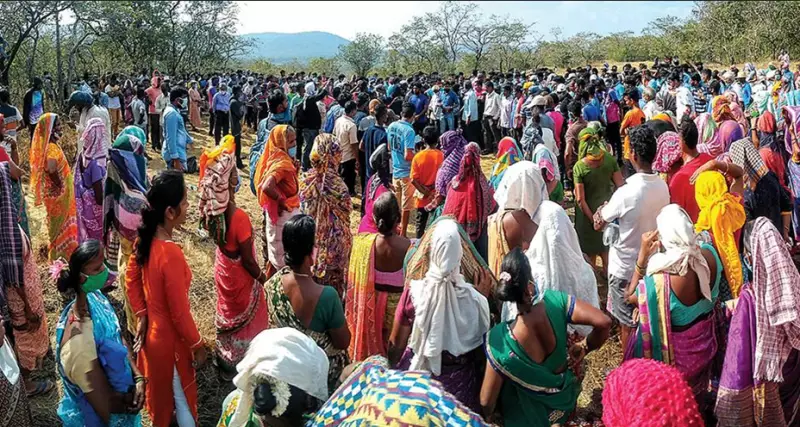
In a major legal triumph for Mormugao MLA Sankalp Amonkar, the Goa High Court has delivered a decisive verdict by quashing the First Information Report (FIR) filed against him concerning the heated Melauli IIT project protests.
Court's Rationale Behind the Decision
The bench, comprising Justice M S Sonak and Justice Bharat Deshpande, meticulously examined the case and concluded that the allegations against the MLA failed to establish any criminal offense. The court emphasized that the evidence presented did not substantiate the charges leveled against Amonkar.
"We find that no offense is made out," the court stated unequivocally, highlighting the lack of legal basis for continuing with the criminal proceedings.
Background of the Melauli IIT Controversy
The controversy erupted when the central government proposed establishing an IIT campus in Melauli, Sattari taluka. Local residents and activists vehemently opposed the project, citing environmental concerns and potential displacement of indigenous communities.
Sankalp Amonkar, representing the Mormugao constituency, had openly supported the protesting villagers, leading to the filing of the FIR against him. The protests gained significant momentum and became a focal point of political discourse in Goa.
Political Implications and Reactions
This judgment is being viewed as a significant political victory for Amonkar and his supporters. The quashing of the FIR not only clears his name legally but also strengthens his position as a leader who stood by his constituents during a contentious issue.
The decision is expected to have far-reaching implications on how political representatives engage with public protests and their legal protections when supporting genuine public causes.
What This Means for Future Protests
Legal experts suggest that this ruling sets an important precedent for similar cases where elected representatives participate in or support public demonstrations. The judgment reinforces the principle that supporting legitimate public grievances should not automatically translate into criminal liability.
The court's decision underscores the importance of distinguishing between lawful protest support and actual criminal activity, providing clearer guidelines for both politicians and law enforcement agencies.





